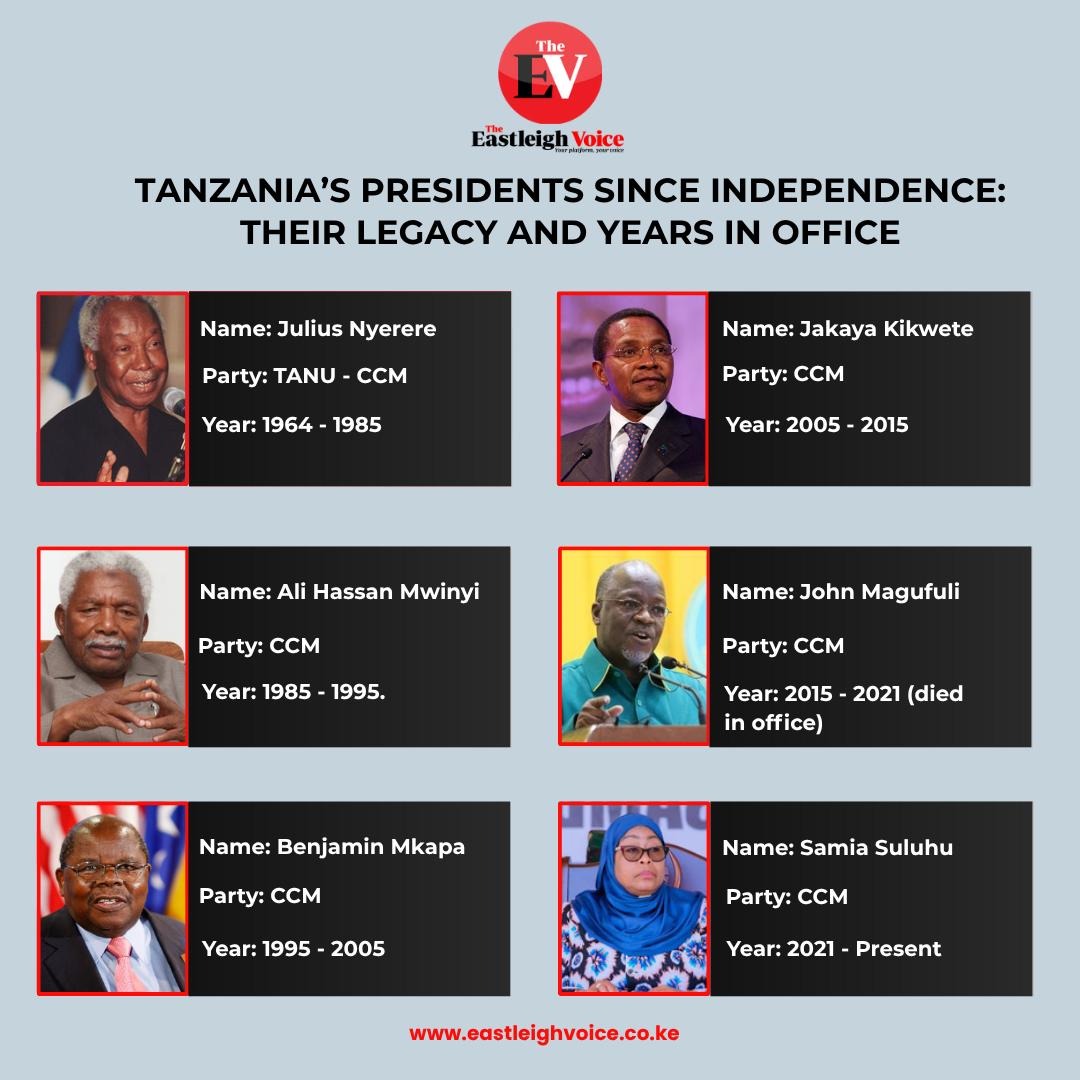Nairobi to appoint six borough managers to enhance service delivery

The appointed managers will act as direct links between City Hall and residents, serving as the eyes and ears of the county in their respective regions.
Nairobi is set to strengthen local service delivery as Governor Johnson Sakaja moves closer to appointing six borough managers across the city.
Eight candidates have been proposed, from which six will be chosen to oversee Nairobi East, West, North, South, South East, and Central boroughs, marking a key step in decentralising governance.
More To Read
- Tighter household budgets stall land purchases in Nairobi’s satellite towns
- Nairobi housing projects face scrutiny over delays and poor workmanship
- City Hall to launch crackdown on unauthorised buildings after regularisation deadline, Sakaja says
- Nairobi County issues new land rate structure effective January 2026
- Court gives Nairobi County one year to align Parklands projects with planning laws
- Bunge La Mwananchi, activists move to court to block Sakaja-National Government deal
“We have shortlisted borough managers; eight names have already been tabled, and from them, we shall appoint six. Each manager will be responsible for their borough, ensuring that local needs such as roads, water, and other essential services are identified and addressed without unnecessary bureaucracy,” Sakaja explained on Thursday.
The appointed managers will act as direct links between City Hall and residents, serving as the eyes and ears of the county in their respective regions.
They will interact closely with communities to understand their concerns and coordinate with the executive to implement practical solutions.
“This system brings government closer to the people. It’s about understanding that what Nairobi West requires may be different from what Nairobi East needs. By localising leadership, we can ensure development is fair, focused, and effective,” the governor added.
Once in place, the borough managers will oversee critical services, including roads, water supply, garbage collection, and other essentials, ensuring they are delivered efficiently.
The initiative aims to reduce bureaucratic delays, improve accountability, and encourage residents to take greater ownership of local development.
Sakaja described the plan as part of a larger vision to make city governance more inclusive and responsive to Nairobi’s diverse population. If the model succeeds, it could become a template for urban management across other devolved cities.
The final appointments are expected in the coming weeks.
Top Stories Today
















































